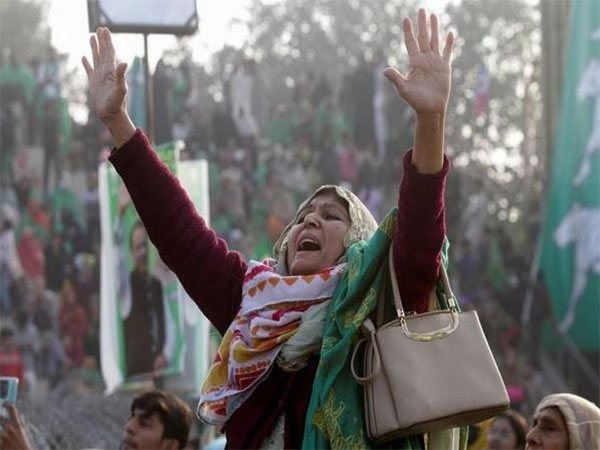Dire Report Exposes Violence Against Women in Balochistan
The Aurat Foundation's report unveils a crisis of gender-based violence in Balochistan, noting that women are often victims of murder or violence daily. In 2024, 73 cases were recorded, though many more go unreported. Urgent reforms and stronger protections are needed to address pervasive cultural and systemic barriers.

- Country:
- Pakistan
A concerning new report by the Aurat Foundation has shed light on the alarming prevalence of violence against women in Balochistan, revealing a grim reality where a woman is killed or faces violence nearly every day. The Balochistan Post detailed the 2024 annual report that recorded 73 cases of violence, including 43 murders and seven sexual assaults from January to December.
Particularly troubling is the revelation that 19 murders were in the name of 'honour.' Additionally, the report documented four suicides linked to domestic abuse, two abductions, one harassment case, and two incidents of domestic violence. The Aurat Foundation cautioned that these figures likely represent only a fraction of actual cases, as many incidents go unreported due to fear, stigma, and inhibiting societal pressures, the Balochistan Post reported.
The report underscores that cultural barriers such as entrenched tribal customs continue to marginalize women and hinder justice. While urgent action is needed in Balochistan, the report highlights a more significant prevalence of sexual assault in Punjab, with 6,624 cases noted. Sindh reported the highest numbers of abductions and honour killings. The Aurat Foundation urges reforms, emphasizing specialised police training, swift case registration, and enforcement of laws against honour killings and child marriages. The foundation calls for political, educational, and financial empowerment to secure women's rights and safety, stating, "The challenges are immense, but action is essential."
Alongside the report, the Aurat Foundation, in collaboration with the EVAWG Alliance, conducted a 16-day awareness campaign in 2024 to combat gender-based violence and presented a Charter of Demands urging the government to implement stronger protective measures and support for survivors.
(With inputs from agencies.)










